A petition calling for legislation protecting the mental well-being of people working in the entertainment industry has already gathered over 60 thousand signatures in five days. The organizers dubbed it “Liam’s Law” in honor of Liam Payne, who died tragically on Oct. 16, after falling from a hotel balcony while intoxicated in Argentina. He was 31.
Published on Change.org, the petition seeks to implement a law that would make things like “mental health check-ups, adequate rest periods, and the presence of mental health professionals on-set” mandatory. The list of young artists driven either to take their own lives or to mental breakdowns by fame and public exposure is long, but many, like Liam Payne, could have been helped. Instead, petitions are created after their deaths, in place of behavioral changes that should have happened while they were still alive.
An example of this double standard happened recently when Chappell Roan announced she was canceling a few concerts to work on her mental health and was accused of being weak, not cut out for fame, and insensitive toward fans’ feelings. Simone Biles faced similar criticism during the Tokyo Olympics. Another very loud, clear example, is the lead-up to Liam Payne’s death — an heartbreaking tragedy, but an avoidable one at that.
That’s why it is frustrating to see the efforts being made now to protect artists’ mental well-being when just a few weeks ago the One Direction singer was being intensely attacked online. Don’t get me wrong, there were valid reasons for the backlash, it’s just the shape that backlash took that could have and should have been avoided.
Why people hated Liam Payne before his death
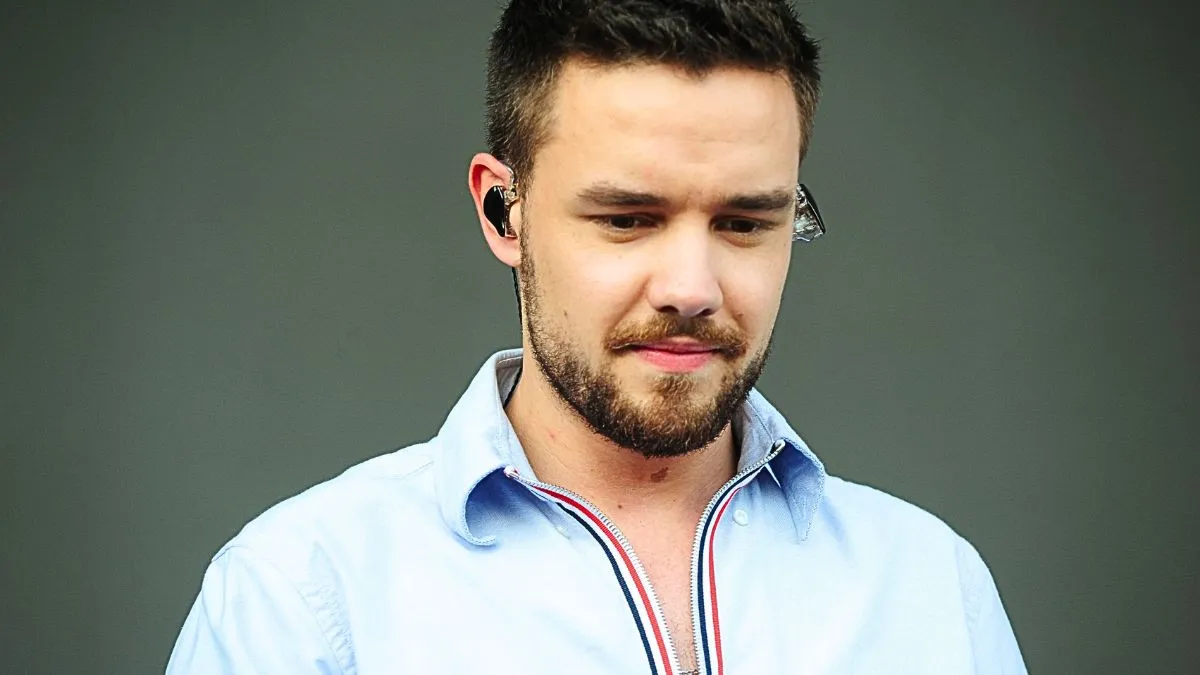
Public opinion first turned against the late musician after his disastrous appearance on Logan Paul’s podcast in 2022 where he made several ignorant, arrogant comments about his time in the band and his subsequent solo career. However, it wasn’t until recently that Liam became the subject of the kind of vicious, unrelenting hate-fueled mobilizations that have become a common occurrence on social media in the past decade and can sometimes result in loss of life.
It started with his misogynistic comment about his girlfriend’s outfit in an August 2024 TikTok, but it properly gained steam when Liam attended his former bandmate Niall Horan’s concert in Buenos Aires just two weeks before his death. Already unfavored by most, people were bothered and annoyed by the way Liam tried to interact with fans, accusing him of attention-grabbing, which then resulted in a bombardment of jokes and memes.
The pitchfork-in-hand communal witch hunt eventually brought to light multiple, much more serious accusations against Liam that had previously flown under the radar. But instead of handling them with the care they warranted, people just used them as “gotcha” moments and as excuses to warp and twist previously innocuous actions, especially around his bandmates.
Most of them came from the singer’s model ex-girlfriend, Maya Henry, who, undoubtedly and understandably empowered by the hate campaign, took to TikTok to speak more candidly than she ever had about their allegedly abusive relationship. Back in May of this year, Henry had published a fictional book about a male pop star who emotionally manipulated and even physically threatened his girlfriend, which was immediately assumed to be inspired by the model’s time with the famous ex-boy band member.
Some of the chapters which Henry has since confirmed to be about Liam include the singer chasing her with an axe, and asking her to have an abortion at home because he didn’t want a potential hospital visit to result in a leak to the press. Liam also allegedly threatened to end his life multiple times, including during the book launch.
Too little, too late
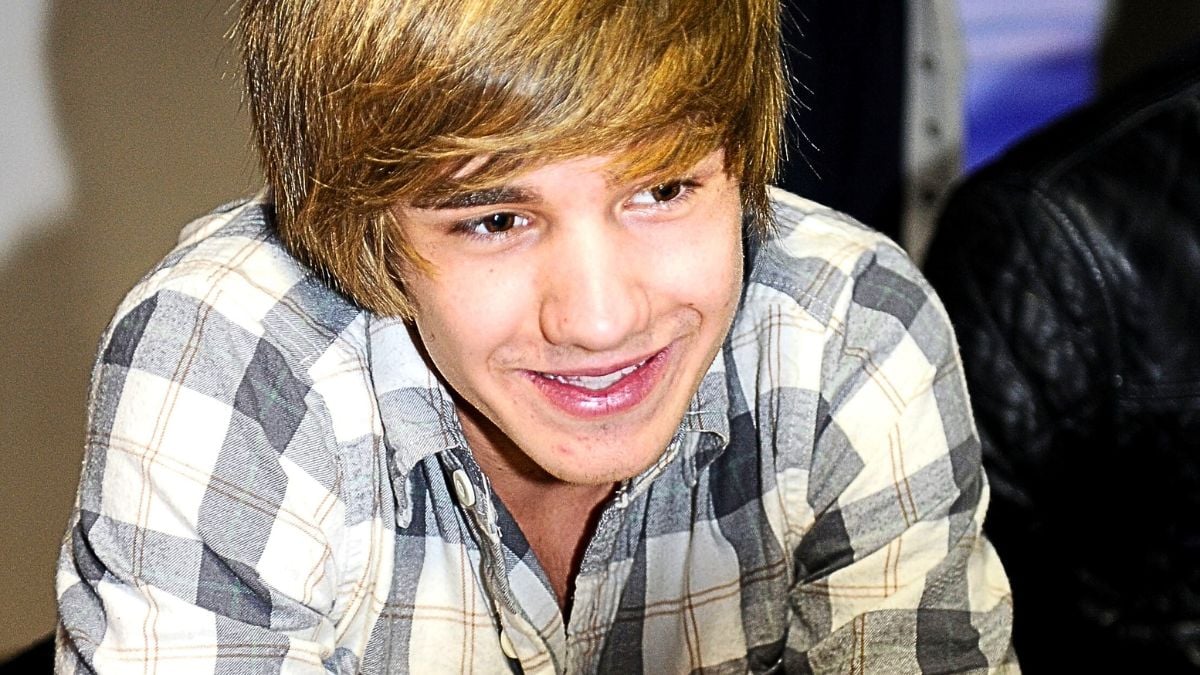
Henry’s experiences painted Liam in a very bad light, and rightly so. The problem is when the quest for justice for a victim turns into a competition for who can be crueler to the perpetrator. To most, someone like the singer is unworthy of any sympathy, so they will push and pry and bully until the worst possible thing happens. After Liam’s passing, however, the conversation shifted. Suddenly, the majority of the people, who were either silent or willing participants in the previous crusade, were advocating for empathy, shocked that it had come to this and that no one had tried to help him when he was acting erratic in the hotel in the hours leading up to his fall.
Liam had a serious drug problem, and he struggled with mental illness. He became an international sensation at only 16 years old, lost his privacy and was exposed to an alienating lifestyle, and never reached the same level of recognition on his own, resulting in a visibly growing resentment and further alienation. He was abusive when he was intoxicated and treated the women he dated poorly. All of these things can coexist and the latter doesn’t erase the former, just like the former does not excuse the latter. Sadly, that kind of nuance is completely lost whenever the internet picks its target of the month, sheds it to pieces, and then moves on to someone else, unbothered and self-righteous.
Liam Payne was not a lost cause by any means, and that’s exactly why his death feels so tragic. Henry’s accounts point towards an intrinsic link between his drug misuse and his abusive behavior and a case can easily be made for his drug misuse being a direct cause of his bouts of depression and mania. Curing one thing would have helped with everything else. What didn’t help matters whatsoever, though, was being on the receiving end of an online tirade.
Initiatives like “Liam’s Law” are admirable, but as long as people continue to choose engagement and trends over empathy and real human emotion, nothing is ever going to change. It’s high time we start thinking about these things before, and not after, they cause irreparable damage.

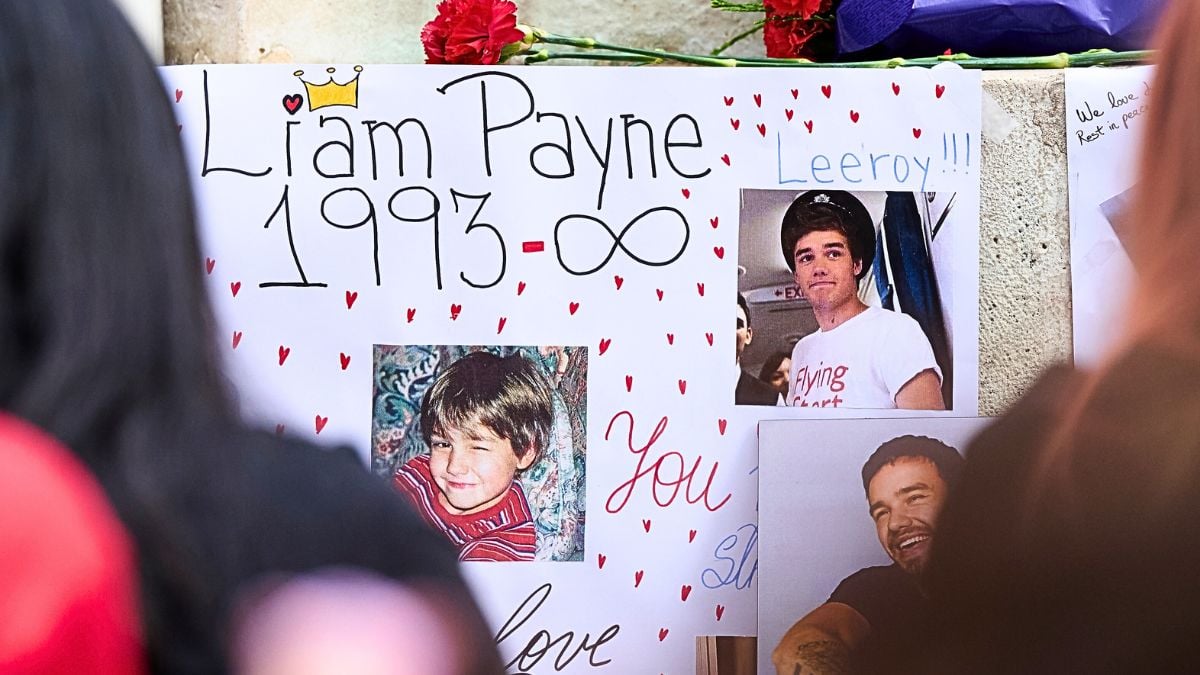




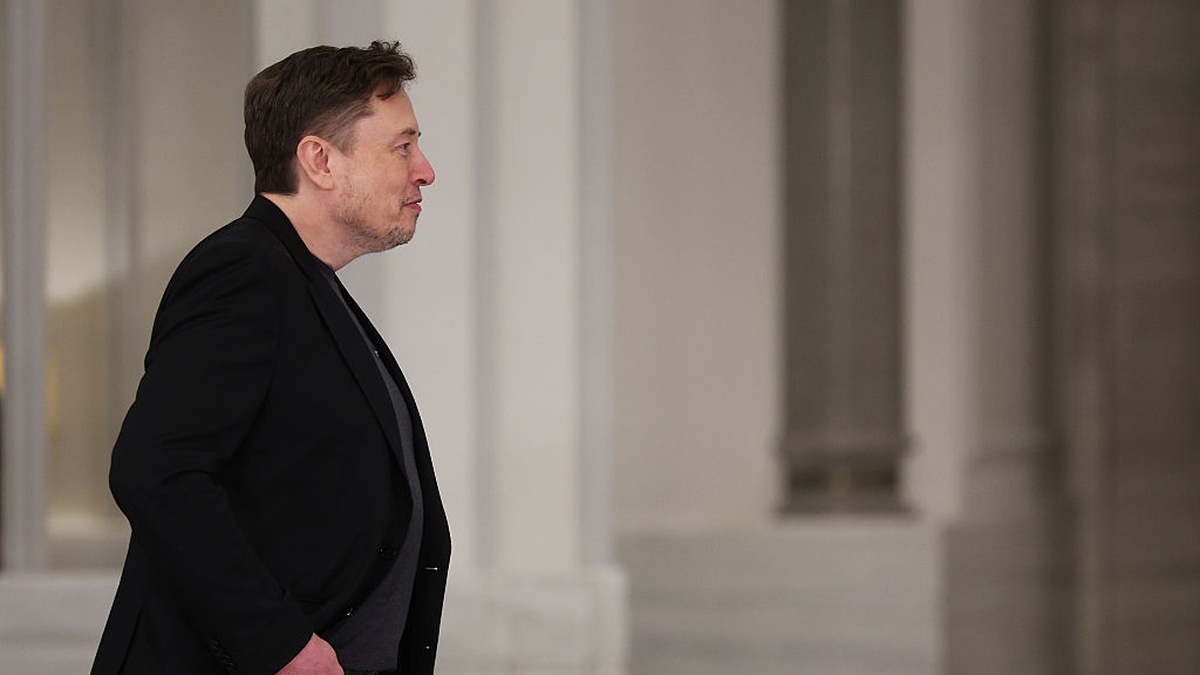
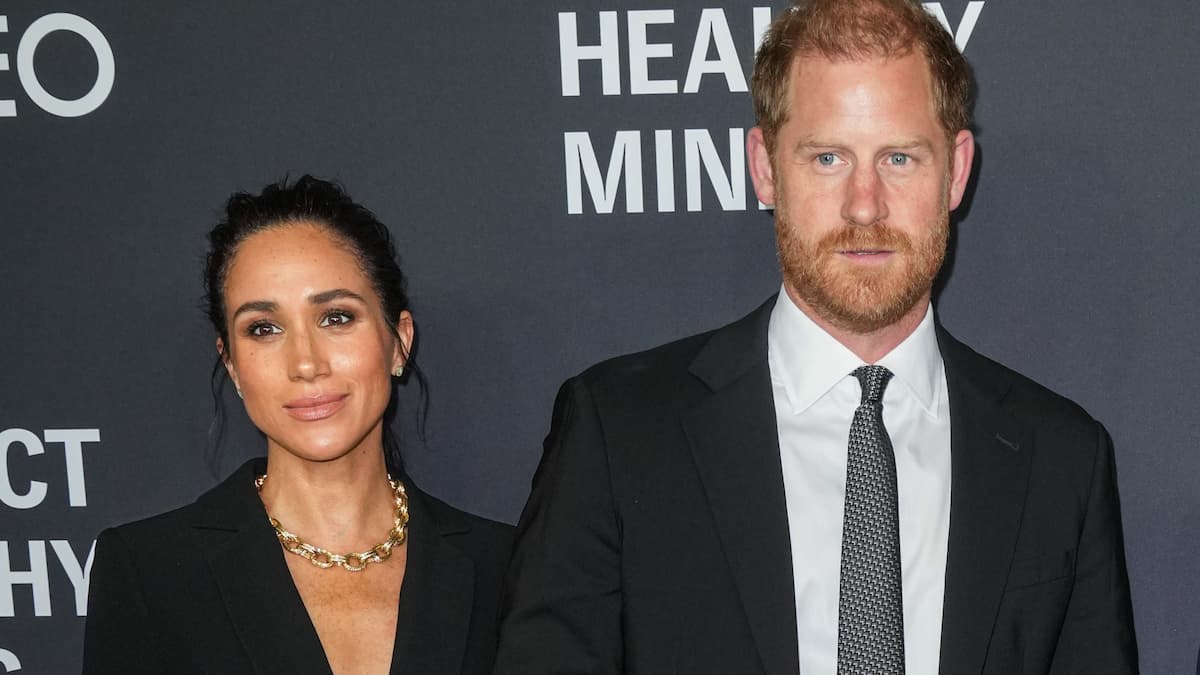
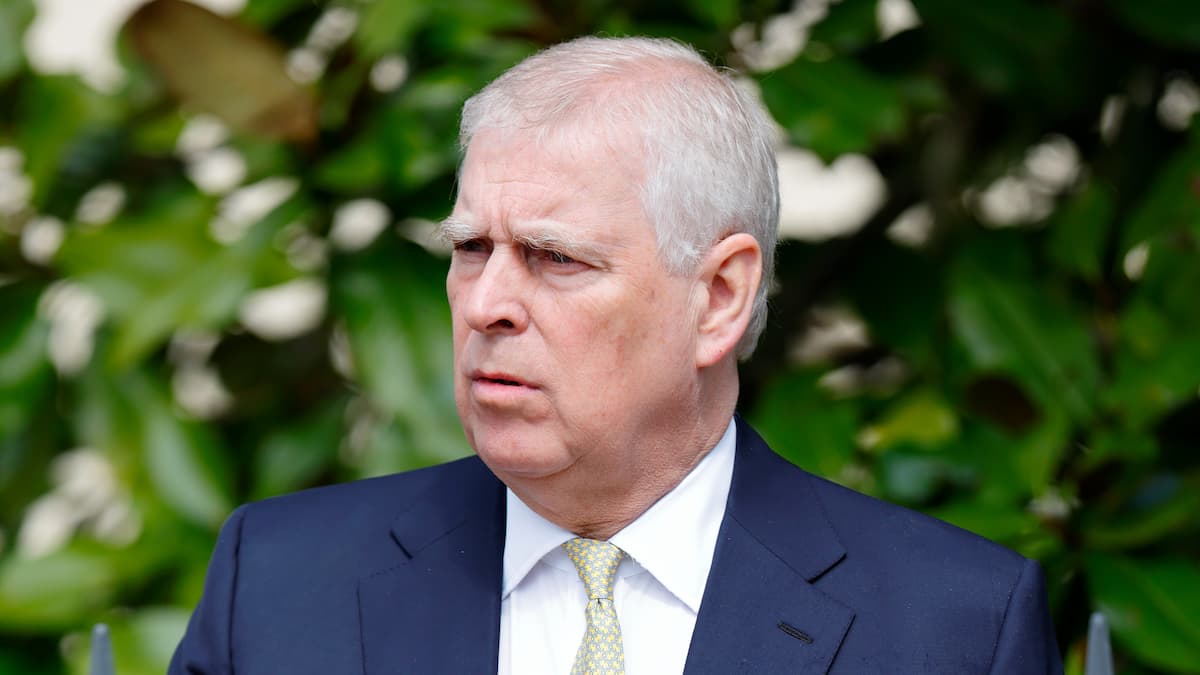
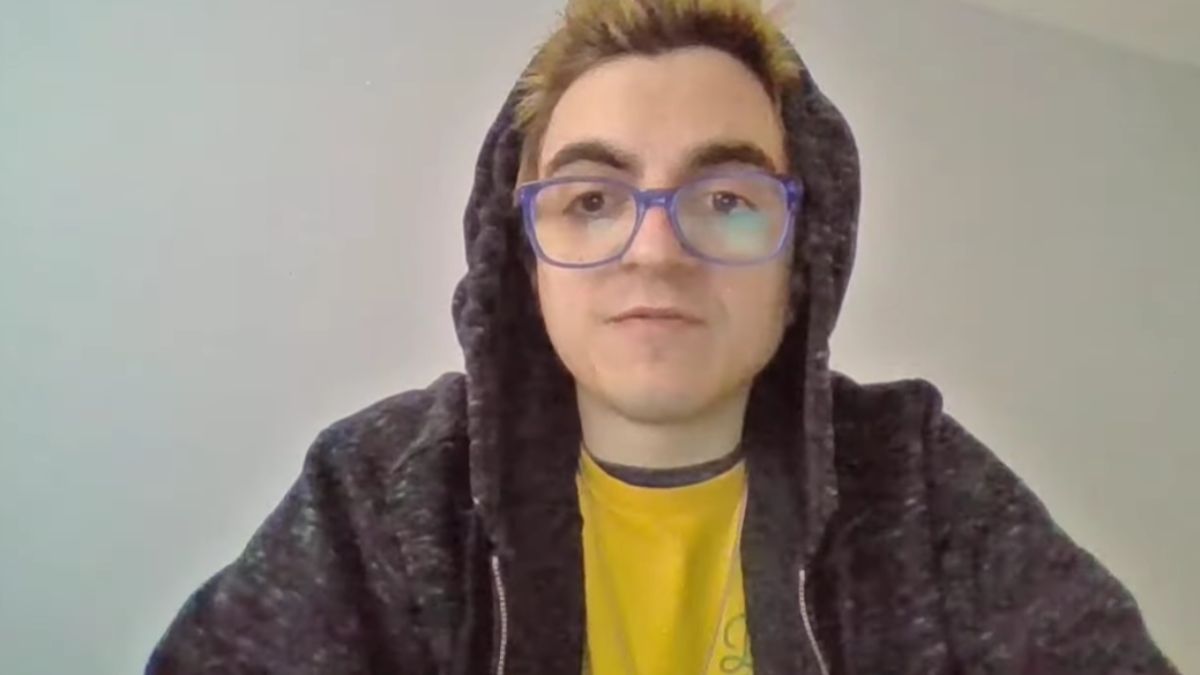
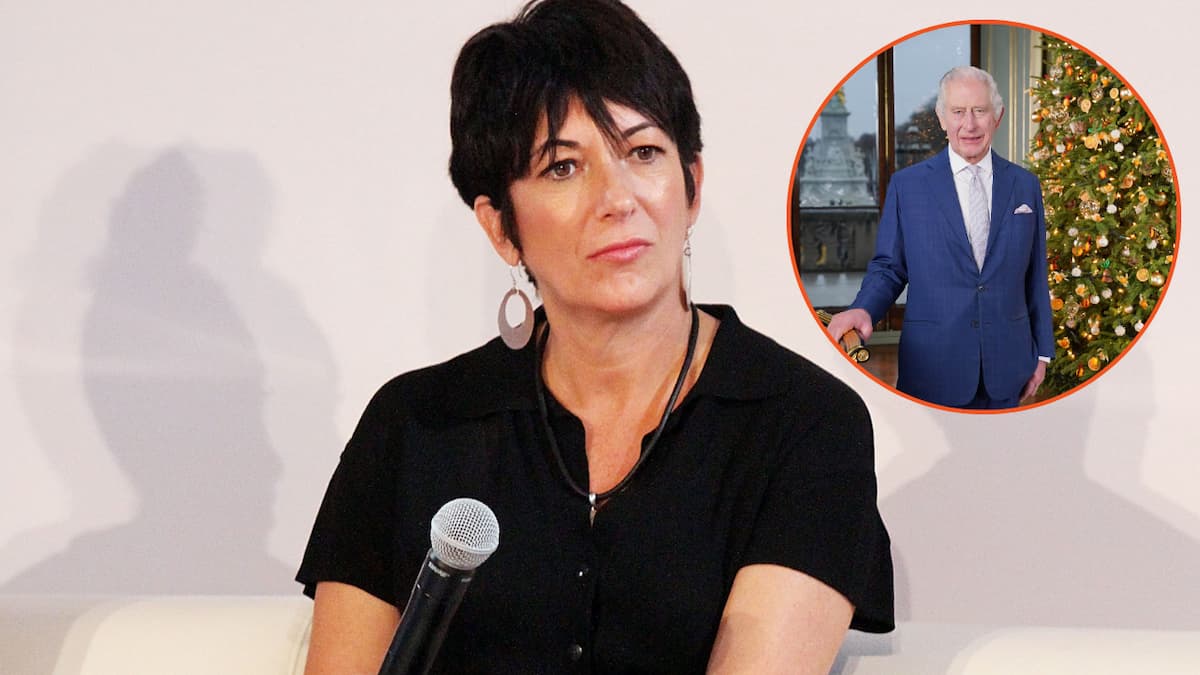
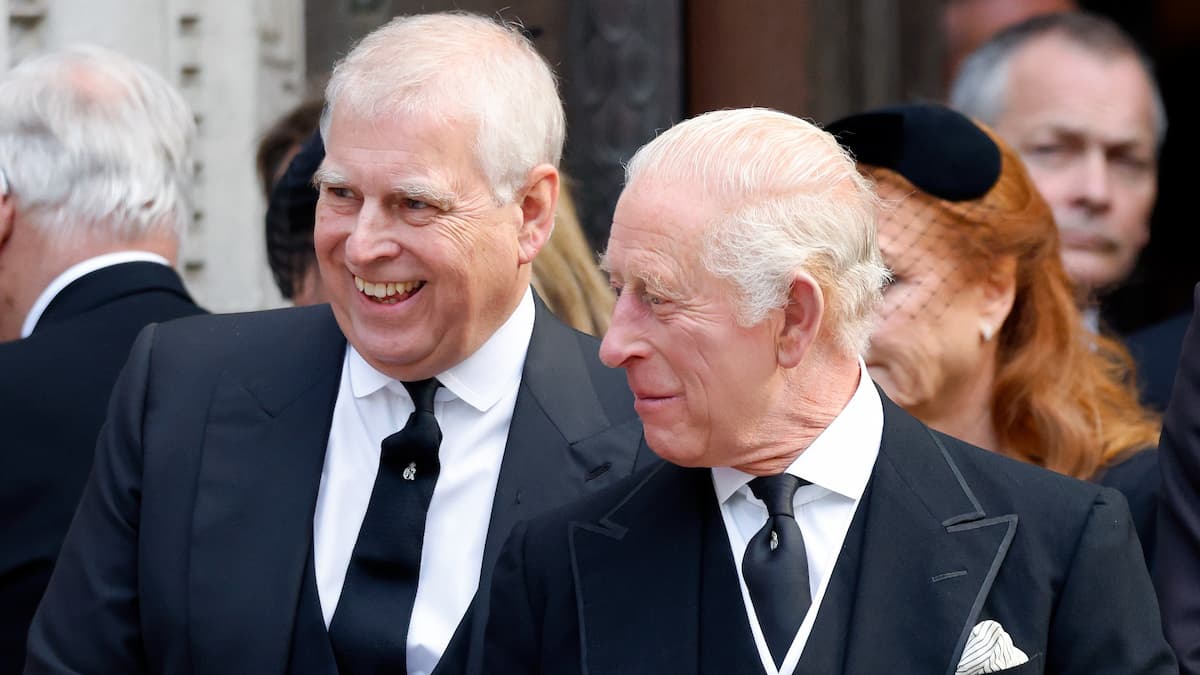

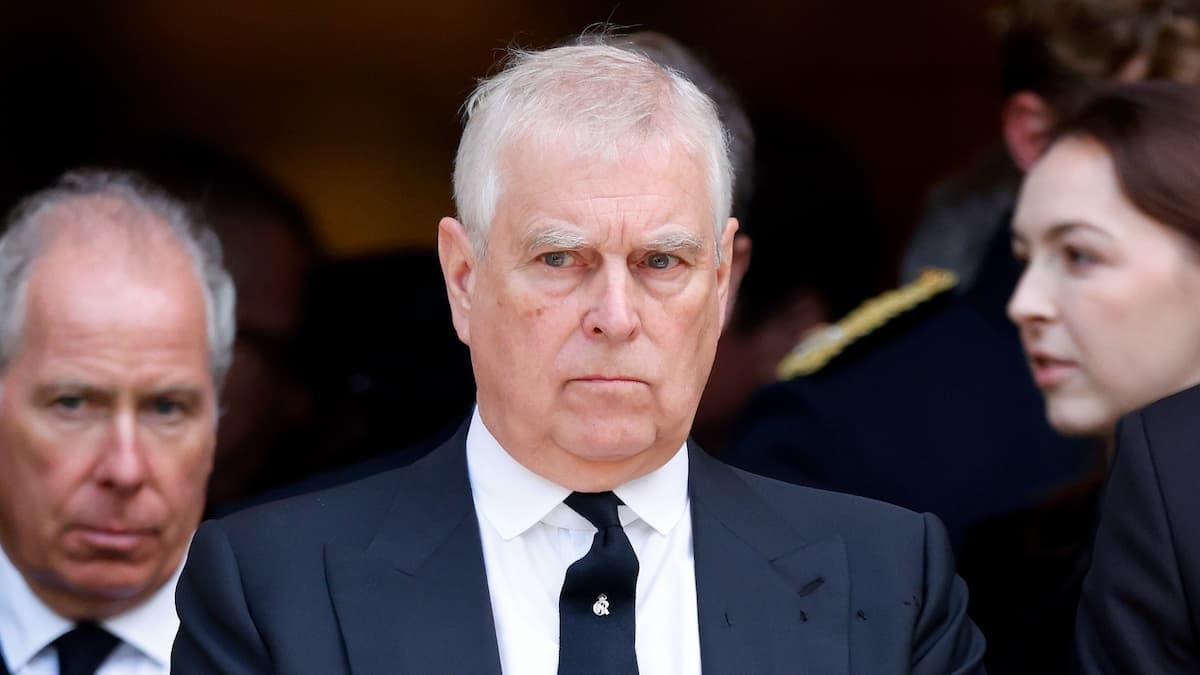

Published: Oct 23, 2024 11:34 am